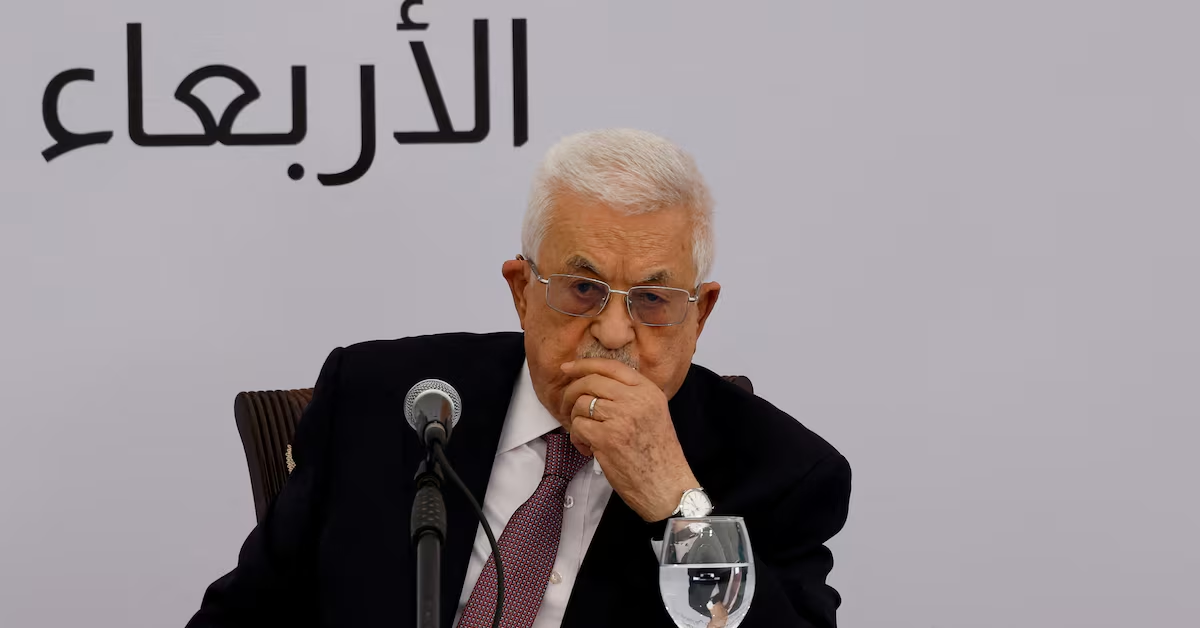A major diplomatic clash is unfolding ahead of the United Nations General Assembly after the United States barred Palestinian Authority President Mahmoud Abbas and dozens of senior officials from entering the country. The decision, announced just days before world leaders gather in New York, has triggered a storm of criticism and widened divisions among Washington and its closest allies.
Visa Denials Spark Outrage
The U.S. State Department revoked or denied visas for Abbas and nearly 80 other Palestinian officials, citing what it called failures to meet international obligations and concerns about unilateral moves toward statehood. Palestinian representatives quickly condemned the decision, describing it as a violation of international agreements that guarantee access for UN delegates.
Despite the ban, the Palestinian mission already based at the United Nations will continue to operate. However, the absence of Abbas at such a critical gathering is being seen as both a symbolic and practical blow to Palestinian diplomatic efforts.
Allies Push Forward with Statehood Recognition
In sharp contrast to Washington’s stance, several Western allies—including France, Britain, Canada, and Australia—are preparing to formally recognize a Palestinian state during the General Assembly. Their move comes amid growing frustration over the humanitarian crisis in Gaza and continued Israeli settlement expansion in the West Bank.
European leaders have criticized the U.S. decision in unusually blunt terms. French and Irish officials called the restrictions unacceptable, while Spain’s prime minister described the visa denial as unjust and reaffirmed support for Palestinian representation at the UN.
Echoes of History
The situation bears strong parallels to 1988, when Yasser Arafat was denied entry to attend a UN meeting in New York, forcing the General Assembly to relocate temporarily to Geneva. Many observers warn that the current standoff risks undermining the United States’ credibility as the host nation of the UN headquarters.
Broader Implications
The dispute underscores a deepening divide in the international community. The U.S. and Israel maintain that Palestinian statehood can only come through direct negotiations, rejecting what they view as unilateral recognition. Meanwhile, a growing coalition of nations argues that decades of failed peace talks and worsening humanitarian conditions make symbolic recognition both necessary and urgent.
What Lies Ahead
- The absence of Abbas at the UN raises questions about the legitimacy of the assembly’s debates on Palestinian statehood.
- Western allies’ recognition of Palestine signals a possible turning point in global diplomacy.
- The visa ban could strain relations between Washington and its European partners, while emboldening calls for greater independence in foreign policy.
As the General Assembly opens, the clash over Palestine is set to dominate the agenda—pitting Washington’s hardline approach against a rising wave of international support for Palestinian statehood.
















Leave a Reply